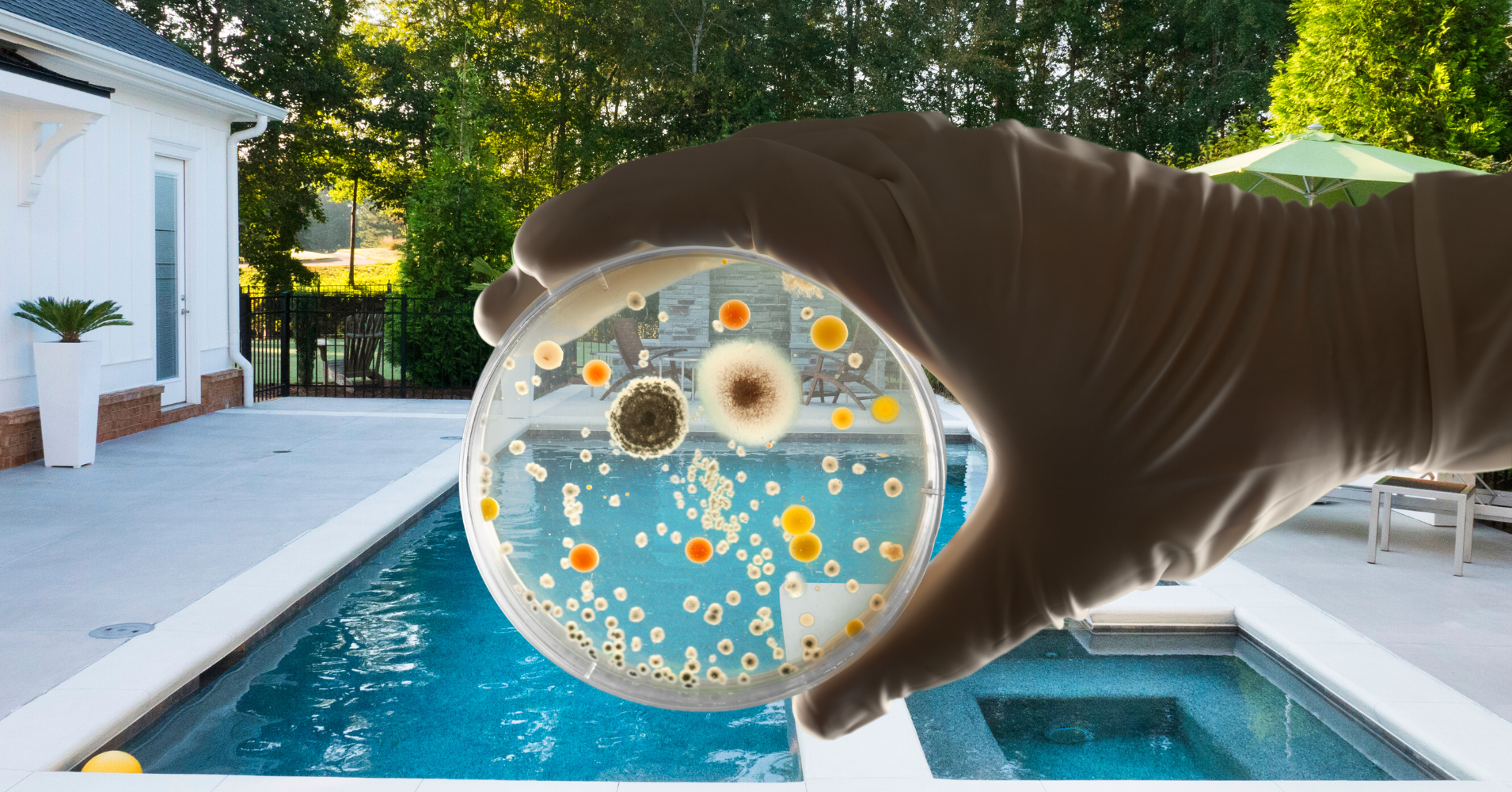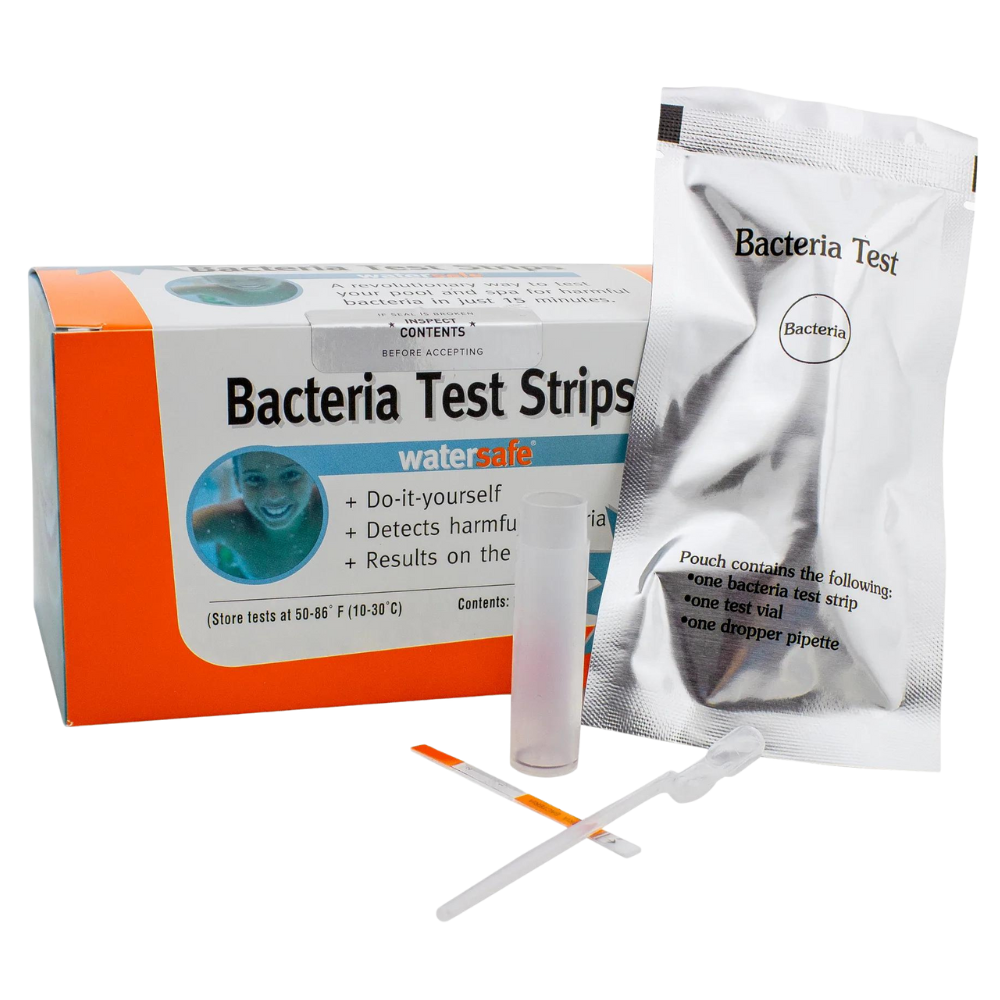The Importance of Regularly Testing Pool Water for Bacteria
Swimming is a popular activity enjoyed by people of all ages. Whether it’s for exercise, relaxation, or socializing, swimming pools provide a refreshing way to beat the heat. However, swimming pools can also be a breeding ground for bacteria, which can cause a range of illnesses, from minor skin infections to life-threatening diseases. Why you should test water of your swimming pool before using it? Regularly testing pool water for bacteria is essential to ensure a safe and healthy swimming environment. This article will discuss the importance of regularly testing pool water for bacteria and the measures that can be taken to prevent bacterial contamination.
Sources of bacterial contamination:
Bacterial contamination in swimming pools can come from various sources, including swimmers, animals, and the environment. When people swim in a pool, they introduce sweat, saliva, urine, and feces, which can contain bacteria, viruses, and other pathogens. If the pool’s disinfectant levels are inadequate, the bacteria can multiply and cause illness. Animals like birds, rodents, and pets can also introduce bacteria into a pool through feces, saliva, or fur. Finally, environmental factors like wind, rain, and dust can also introduce bacteria into a pool.
Health risks associated with bacterial contamination:
Bacterial contamination in pool water can cause a range of illnesses, from mild skin infections to life-threatening diseases like Legionnaires’ disease and E. coli infection. The most common types of bacteria that contaminate pool water include Pseudomonas aeruginosa, Cryptosporidium, Giardia, and E. coli. These bacteria can cause symptoms like skin rashes, eye infections, respiratory problems, and gastrointestinal illness. In severe cases, bacterial contamination can lead to dehydration, sepsis, and even death. Children, pregnant women, and people with weakened immune systems are at higher risk of contracting waterborne illnesses.
Preventing bacterial contamination:
Preventing bacterial contamination in pool water requires a multi-layered approach, involving proper maintenance, sanitation, and testing. The following are some measures to prevent bacterial contamination:
- Regular maintenance: Regular maintenance of the pool is essential to prevent bacterial contamination. This includes keeping the pool clean, maintaining proper pH and disinfectant levels, and ensuring proper circulation and filtration.
- Proper sanitation: Proper sanitation is essential to prevent bacterial contamination. This includes regular shock treatments, which can kill bacteria, and ensuring proper levels of chlorine or other disinfectants
- Testing: Regular testing of the pool water is essential to ensure that the pool is safe and healthy for swimmers. Testing should be done at least once a week and more frequently during periods of heavy use or hot weather
- Education: Educating swimmers on the importance of showering before swimming and not swimming when sick is essential to prevent bacterial contamination.
Conclusion:
Regularly testing pool water for bacteria is essential to ensure a safe and healthy swimming environment. Bacterial contamination in pool water can cause a range of illnesses, from minor skin infections to life-threatening diseases. Preventing bacterial contamination requires a multi-layered approach, involving proper maintenance, sanitation, testing, and education. By taking a proactive approach to pool safety, we can ensure that our swimming pools are a safe and enjoyable place for all.
Sources:
- CDC. (2021). Pool chemical safety. Centers for Disease Control and Prevention. Retrieved from https://www.cdc.gov/healthywater/swimming/swimmers/pool-chemical-safety.html.
- EPA. (2020). Healthy swimming: Recreational water illnesses (RWIs). United States Environmental Protection Agency. Retrieved from https://www.epa.gov/healthy-swimming/recreational-water-illnesses-rwis.
- Hlavsa, M. C., Robinson, T. J., Collier, S. A., Beach, M. J., & Y


